Estate planning—it is an incredibly important tool, not just for the wealthy or those thinking about retirement. On the contrary, estate planning is something every adult should do. Estate planning includes the creation of wills, trusts, financial and healthcare powers of attorney, among other important documents necessary to guide your loved ones through your incapacitation or death. Estate planning can help you accomplish any number of goals, including appointing guardians for minor children, choosing healthcare agents to make decisions for you should you become ill, minimizing taxes so you can pass more wealth onto your family members, and stating how and to whom you would like to pass your estate on to when you pass away.
While it should be at the top of everyone’s to-do list, it can be an overwhelming topic to dive into. To help you get situated, below are some important terms you should know as you think about your own estate plan.
Assets
Generally, anything a person owns, including a home and other real estate, bank accounts, life insurance, investments, furniture, jewelry, art, clothing, and collectibles.
Beneficiary
A person or entity (such as a charity) that receives a beneficial interest in something, such as an estate, trust, account, or insurance policy.
Distribution
A payment in cash or asset(s) to the beneficiary, individual, or entity who is entitled to receive it.
Estate
All assets and debts left by an individual at death.
Fiduciary
A person with a legal obligation/duty to act primarily for another person’s benefit, (e.g., a trustee or an agent acting under a power of attorney). “Fiduciary” implies great confidence and trust, and a high degree of good faith.
Funding
The process of transferring (re-titling) assets to a revocable trust (sometimes referred to as a “living trust”). A revocable trust will only avoid probate at the trust-maker’s death if it is fully funded, meaning it contains all of the decedent’s assets.
Incapacitated/Incompetent
Unable to manage one’s own affairs, either temporarily or permanently; often involves a lack of mental capacity.
Inheritance
The assets received from someone who has died.
Living probate
The court-supervised process of managing the assets of an incapacitated person. Conservatorship is another term used for this process.
Marital deduction
A deduction on the federal estate tax return, it lets the first spouse to die leave an unlimited amount of assets to the surviving spouse free of estate taxes. However, if no other tax planning tools are used and the surviving spouse’s estate is more than the amount of the federal estate tax exemption in effect at the time of the surviving spouse’s death, estate taxes will be due at that time.
Settle an estate
The process of winding down the final affairs (valuation of assets, payment of debts and taxes, distribution of assets to beneficiaries) after someone dies. This is also known as “Probate” or “Estate Administration.”
Trust
A fiduciary relationship in which one party, the grantor (also known as the “settlor” or “trust-maker”), gives another party, the trustee, the right to hold property or assets for the benefit of another party, the beneficiary. The trust should be memorialized by a written trust agreement, outlining how the trust assets will be distributed to the beneficiary.
Will
A written document with instructions for: payment of debts and expenses; burial or cremation and funeral preferences; and the disposition of assets after death. A Will can only be enforced through a probate court. A Will can also contain the nomination of guardian(s) for minor children.
If you have any questions about estate planning, or would like to consult an estate planning professional, please contact Jayde Law. We can make sure you have a comprehensive plan that is tailored to your unique needs and goals.


